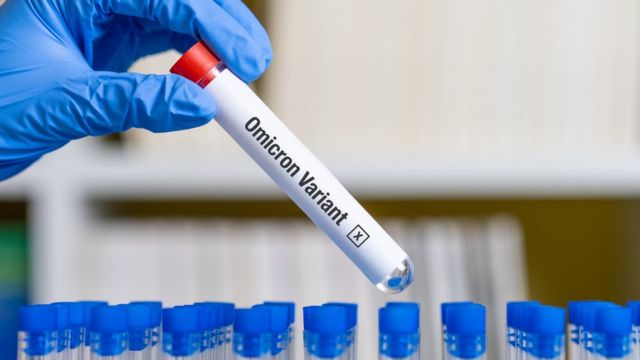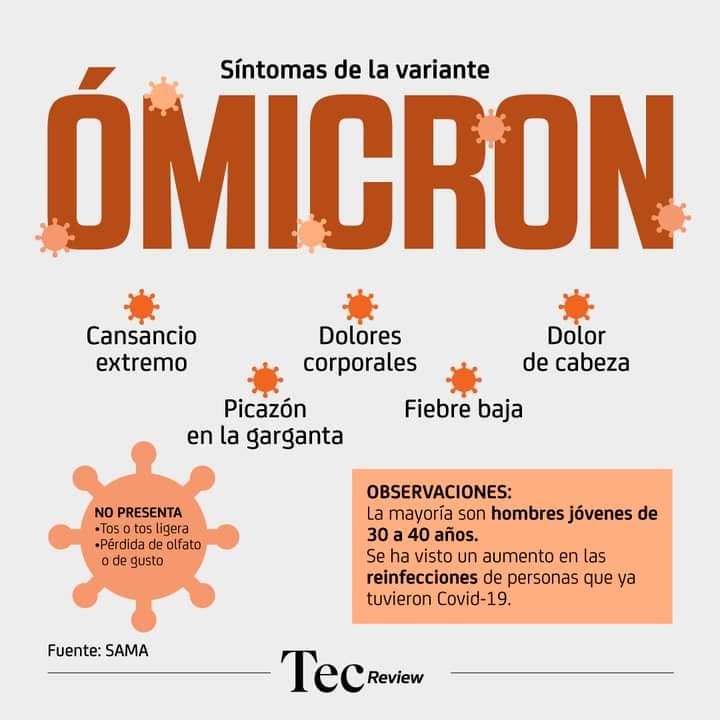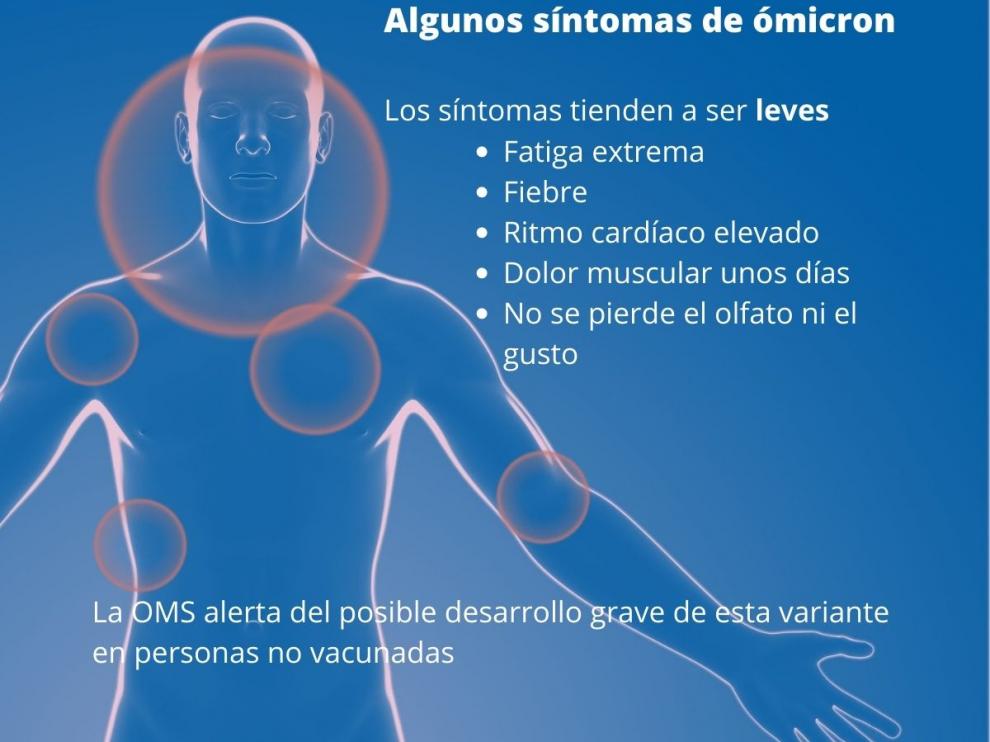
Given the alert issued by the World Health Organization (WHO) about the high mutations of Ómicron, with the potential to be more resistant to immunization and more contagious, Cuba is already designing specific vaccines against this new variant of SARS-COV-2 , as published by Dr. Eduardo Martínez Díaz, president of BioCubaFarma on his account on the social network Twitter.
Referring to the work of Cuban science regarding the new genetic variant of the coronavirus, Martínez Díaz assured that they are closely observing the reports on Omicron's behavior, and designing specific vaccines, which, if necessary, they will develop in a short time.
In another tweet, Martínez Díaz recommended, for the time being, continuing with the vaccination strategy in the country, including the booster dose, which has been applied since last November, as well as maintaining the hygienic-sanitary prevention and control measures of COVID-19.

In recent days, the WHO classified as "of concern" the genetic variant B.1.1.529 of SARS-COV-2, named Ómicron, and notified for the first time from South Africa, on November 24.
The health agency warned, through its website, that this variant has a large number of mutations, and preliminary evidence suggests an increased risk of reinfection, evidence indicative of a detrimental change in the epidemiology of COVID-19.
The WHO qualifies a variant as "of concern" when the strains have genetic changes that affect the characteristics of the virus, such as transmissibility, severity of the disease, immunological escape, diagnostic or therapeutic escape.
"There may be new waves of COVID-19 with serious consequences, depending on many factors, such as the place where these waves occur,” a WHO report anticipated, and at the same time, asks its member states to take certain priority actions, among them "accelerate vaccination against COVID-19 as soon as possible, especially among the population at risk that remains unvaccinated."

The health organization also asked all countries to increase surveillance measures, report possible cases or outbreaks associated with the omicron variant, and increase the sequencing work necessary to analyze the structure of the coronavirus in laboratories.
The WHO does not recommend in the technical report that flights to certain regions be banned, stating only that national authorities "must use scientific bases when adjusting the measures related to international travel in a timely manner."
It admits, in any case, that for now, the cases of the omicron that have already been detected in four regions (Africa, Europe, the Middle East and East Asia) are related to travel, although "it is to be expected that the main origin of the cases change as more information is obtained.”
The first confirmed case of omicron was detected in a specimen collected on November 9 in South Africa, and just two days later, another with the same variant was confirmed in neighboring Botswana.




